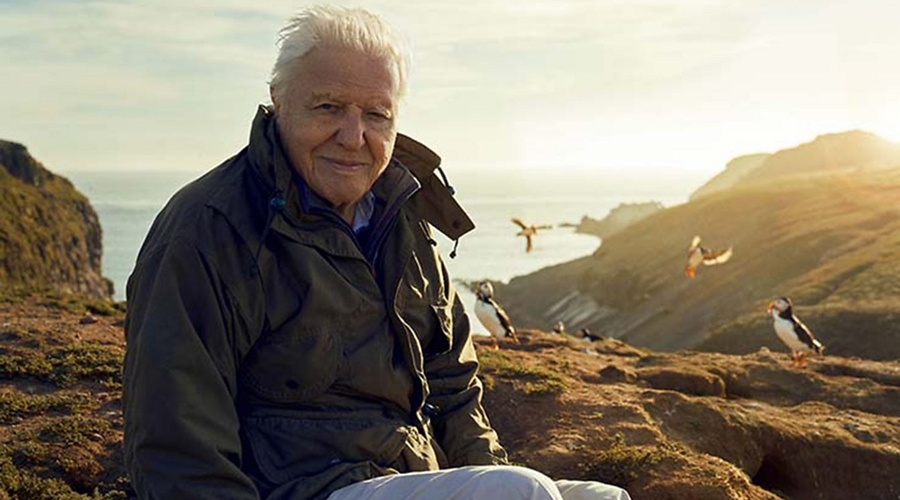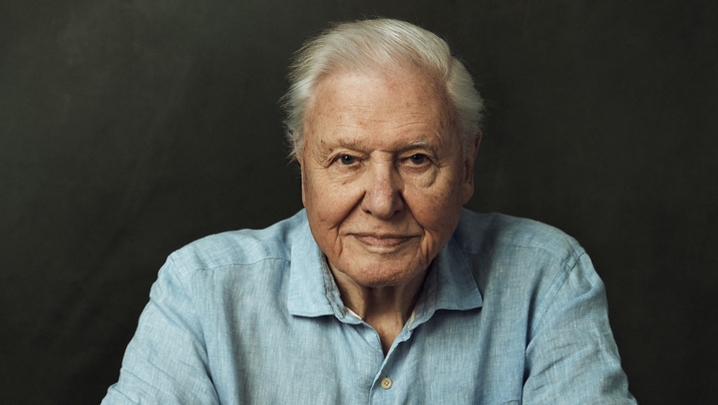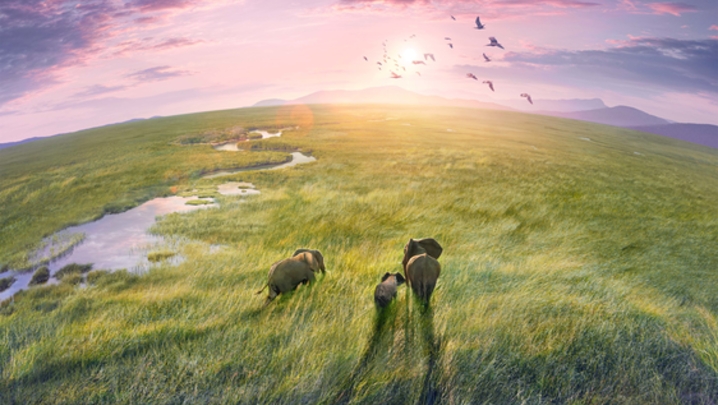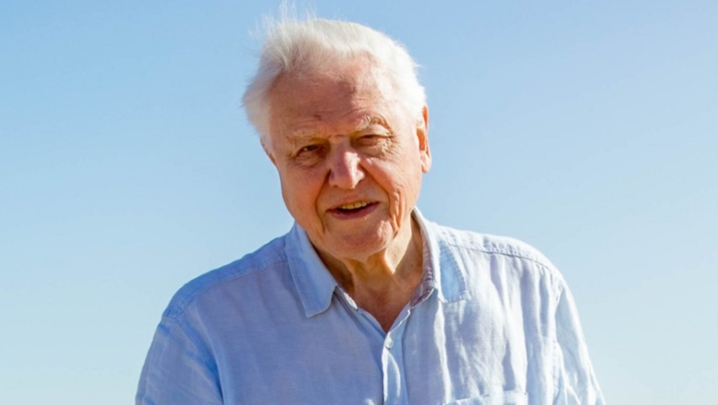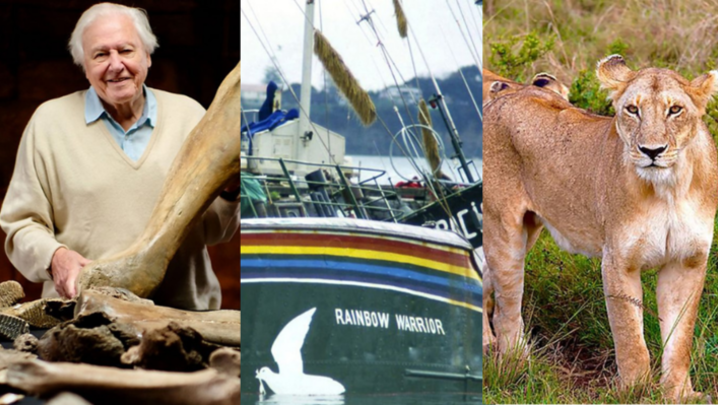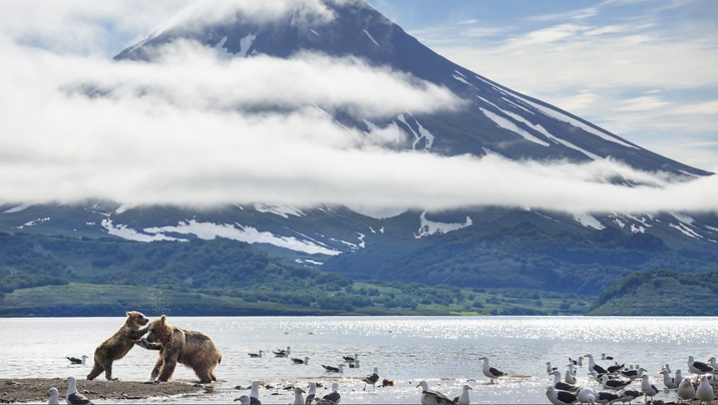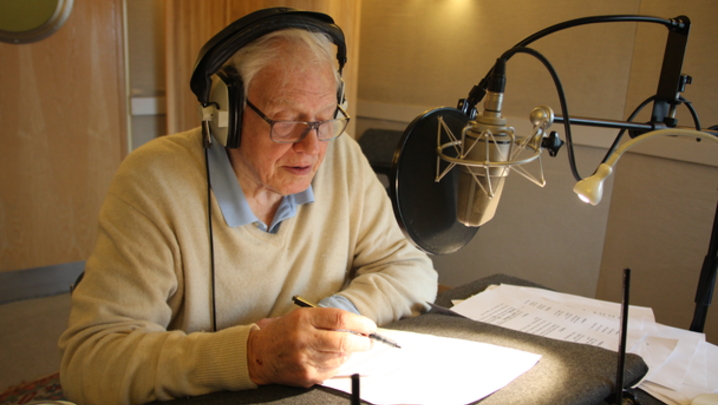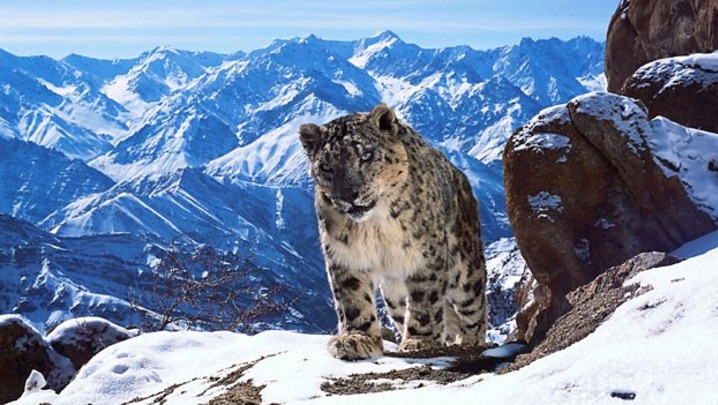Sir David Attenborough will explore the wildlife of Britain and Ireland for a new five-part documentary on BBC One entitled Wild Isles.
The BBC said that it “aims to do for the wildlife of Britain and Ireland what the Planet series has done for the wildlife of the world.”
The Open University, the RSPB and WWF co-produced the series over three years, while Silverback Films used cutting-edge technology to capture the natural drama. From battling butterflies to killer whales, the series reveals a previously unseen wild side of the British Isles.
Sir David said: “In my long lifetime, I have travelled to almost every corner of our planet. I can assure you that in the British Isles, as well as astonishing scenery there are extraordinary animal dramas and wildlife spectacles to match anything I have seen on my global travels.”
The first part will introduce the series by explaining the importance of Britain and Ireland in the global ecosystem. Each of the remaining parts will celebrate one of the Isles’ four key habitats: woodlands, grasslands, freshwater and marine.
With more ancient oak trees than the rest of Europe put together, 60% of the world’s chalk streams flowing through southern England and our meadows and coasts home to many birds and butterflies, Britain and Ireland have some of the most diverse and beautiful landscapes on Earth.
As our wildlife is becoming increasingly fragile, however, the series will also explain the challenges it faces and the potential solutions to ensure a wilder future.
Among the new behaviours captured by the cameras are the gulls stealing fish from puffins off Northumberland, wild stallions competing for mares in Cambridgeshire, blue fin tuna gathering off Cornwall, foxes hunting rabbits at night and even a bee that rides a broomstick in Dorset.
The series will be shot in 4K resolution for ultra-high definition delivery, with aerial photography showcasing the splendour of the countryside, motion controlled time-lapse photography capturing the passing seasons, low light cameras revealing the secret lives of nocturnal animals, and macro-photography exploring the miniature worlds of rock pools, ponds and grasslands.
Tanya Steele, Chief Executive of WWF, said: “The UK is one of the most nature-depleted countries in the world – we need to change that.
“Our aim is that this stunning series featuring some of our best loved species will inspire people to take action to safeguard and restore nature for future generations.”

